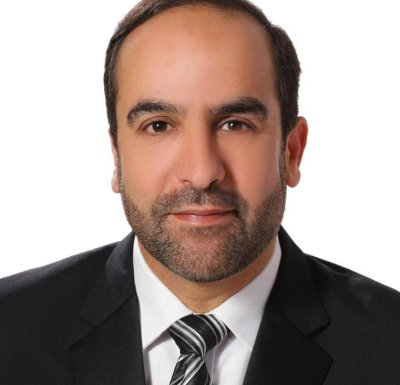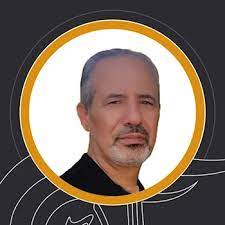As the new year begins, the Gaza Strip is still under a relentless Israeli military offensive that has killed and wounded 80,000 people to date. The Palestinian residents of Gaza, meanwhile, display remarkable resilience and resistance, both of which have worn out the occupation forces like never before.
Our hopes for 2024 are to end this massacre, to stop the collective punishment and the ethnic cleansing that Israel is carrying out with US backing, and to bring the war criminals and their accomplices to justice, even in a world dominated by those who are indifferent to the tragedy unfolding before our eyes. Will there be a ceasefire, and, if so, when will the aggression end?
And will Gaza survive after more than half of it has been reduced to rubble; more than two-thirds of its population have been displaced; and its civilian infrastructure — including schools, hospitals and other essential facilities — has been destroyed? These are simple questions with complex answers, and no one knows what they are.
We have learned a lot from 7 October: Gaza will never fall into the hands of its occupier willingly; the Palestinians will never surrender to their oppressors; and those who rebuilt Gaza before will rebuild it again, despite the tremendous cost.
It is a fact that the struggle for freedom is always costly, and the oppressor knows nothing but cruelty.
The Palestinians in the Israeli-occupied West Bank and Jerusalem are also being subjected to this cruelty.
The current aggression against the Palestinians in Gaza costs the apartheid, occupation state and its supporters more than $260 million a day. To this must be added the security, human, social and political costs that Israel pays and will continue to pay for as long as its offensive lasts.
While the voices calling for a ceasefire grow louder, even from within Israel and its supporters, Prime Minister Benjamin Netanyahu continues to bluff his way out to save face while fanning the flames of war. His bluster shows how incredibly important global efforts towards a ceasefire are. These efforts must continue, no matter how long the aggression lasts.
The oppressor always expects the people of occupied Palestine to become numb to the death and destruction, and that, ultimately, they will lose hope in their legitimate acts of resistance. And that their supporters will tire of the rallies, walkouts and other solidarity demonstrations, which have caused significant inconvenience, especially in America and the West where the Israeli genocide is supported so much. However, a massive global demonstration against the genocide has been called for 13 January which, it is hoped, will replicate the global movement that came together in opposition to the invasion and war in Iraq in February 2003.
The occupation state will no doubt smear the demonstrations as “anti-Semitic hate-fests”, but that should not discourage the protesters. Instead, it should make them aware of the significance of their voices in challenging the violence and oppression until it is ended.
A temporary ceasefire is no longer the goal; that simply gives the occupation forces time to prepare for the next attacks which will kill even more civilians in Gaza. A complete and definite ceasefire is what is being demanded.
The people of Palestine know that the price to be paid for justice and freedom is high, but they have shown their determination and perseverance to liberate their land from Zionist occupation and oppression. They are an inspiration to oppressed people all over the world. We need to support them in whatever way we can.
– Adnan Hmidan is a Presenter, Consultant & Trainer. His article appeared in MEMO.











